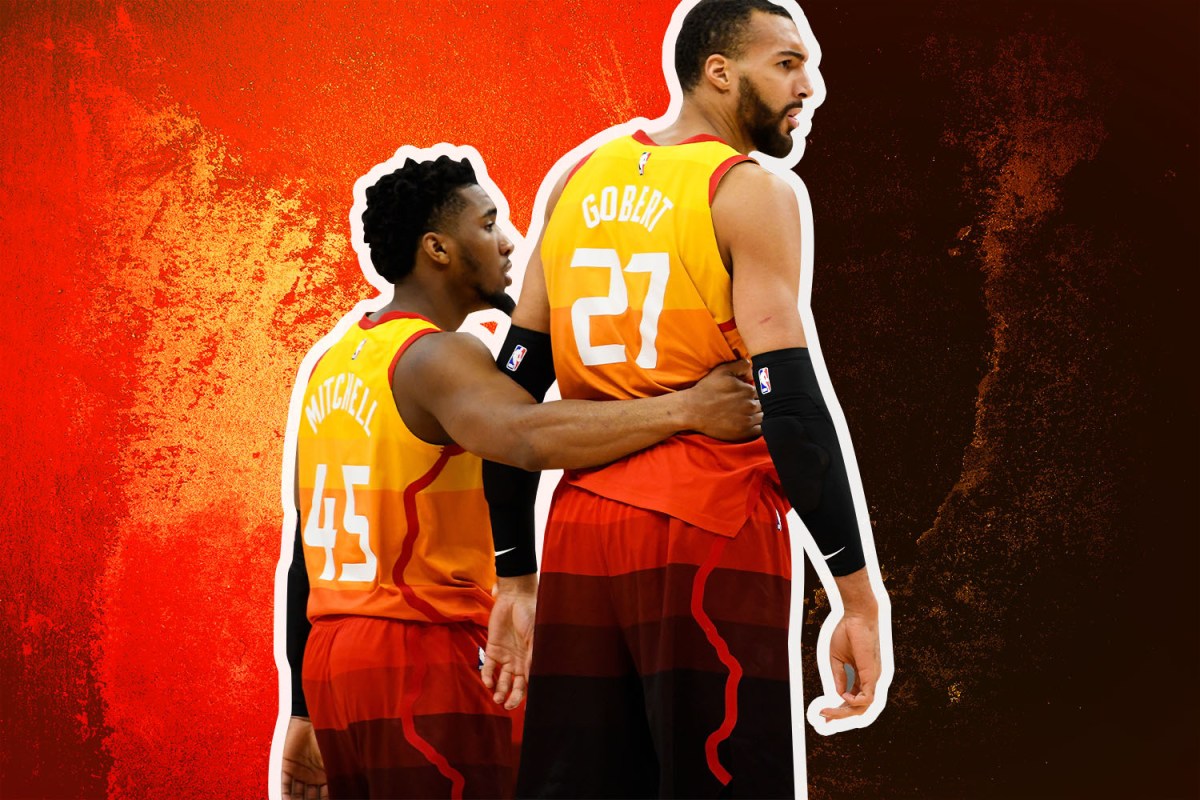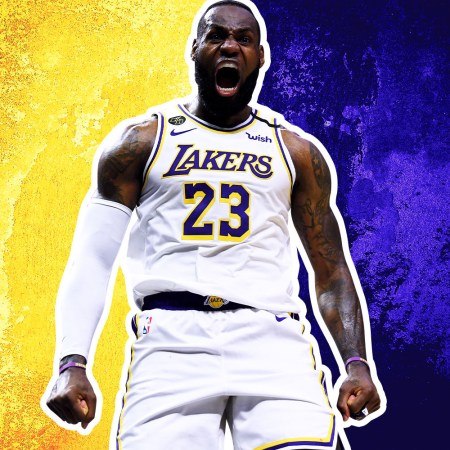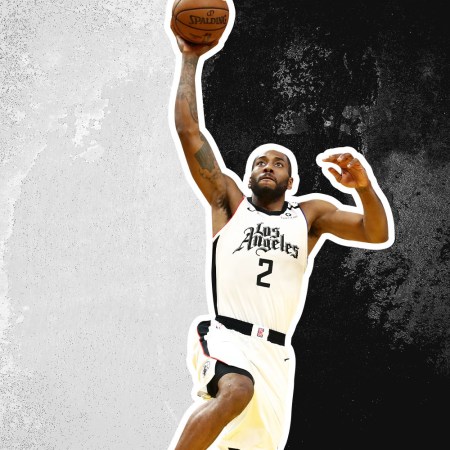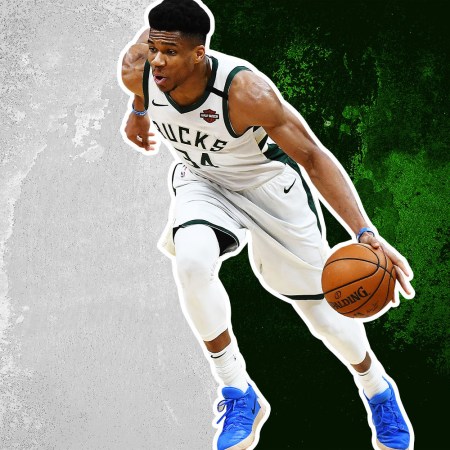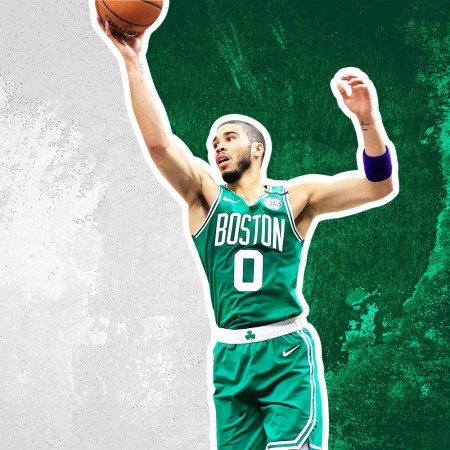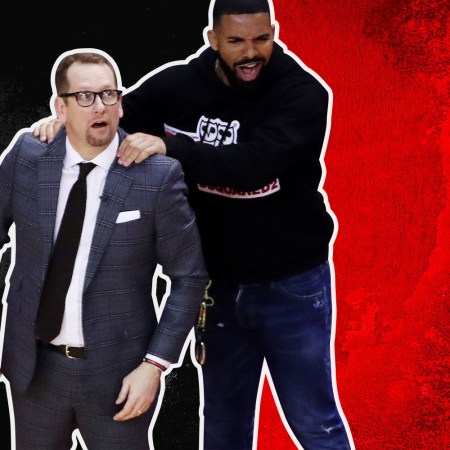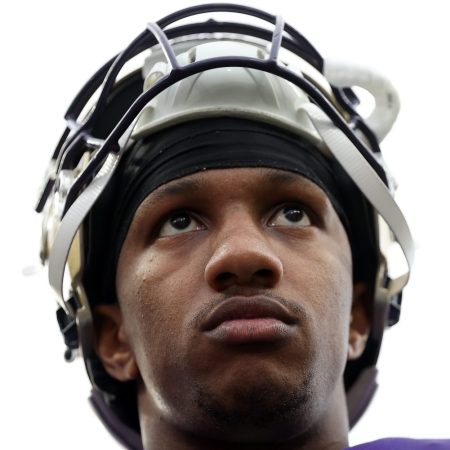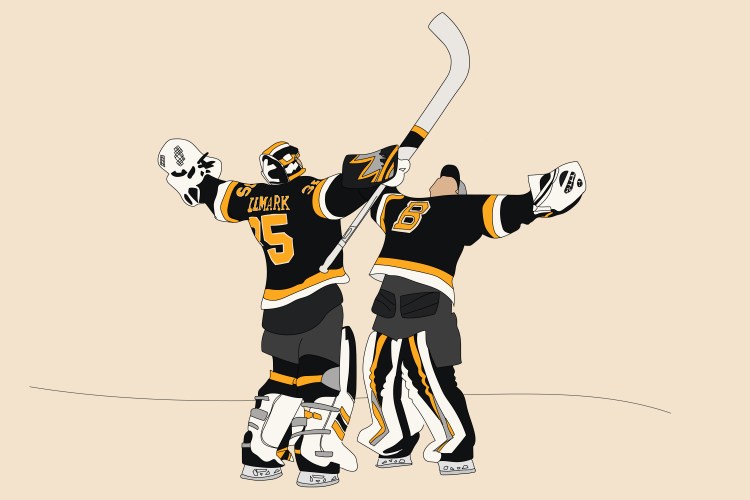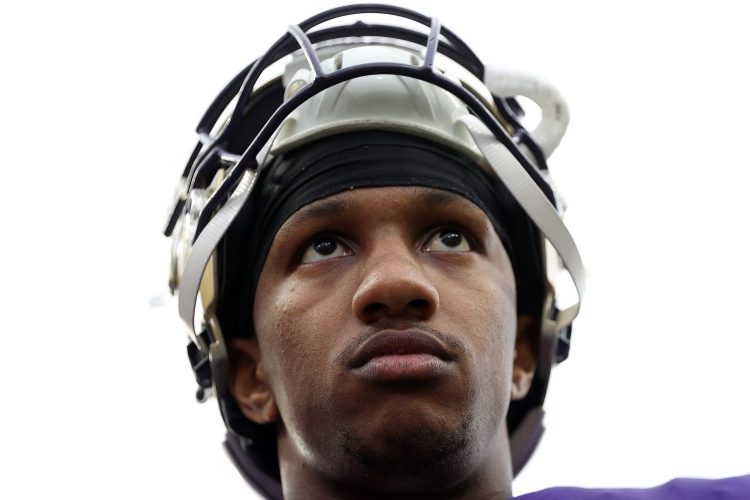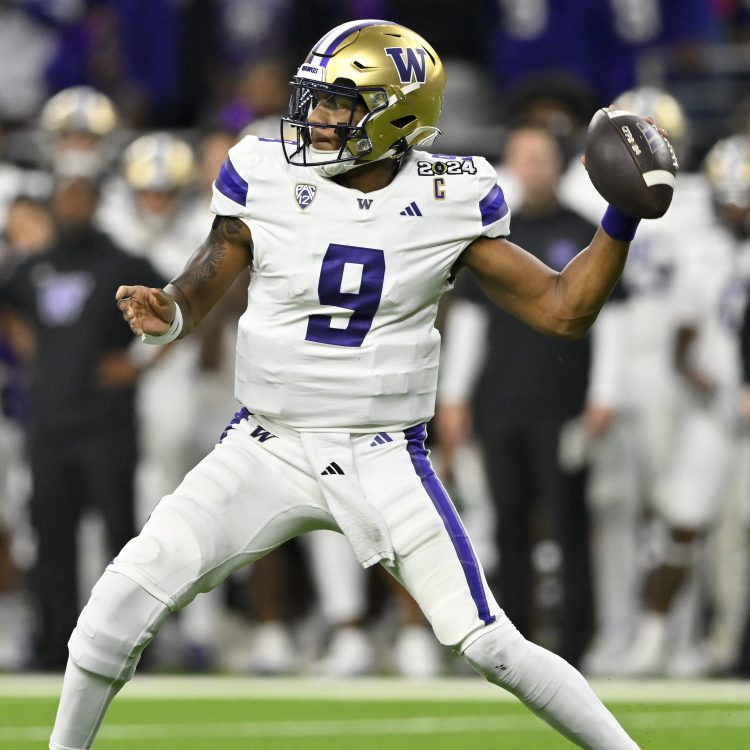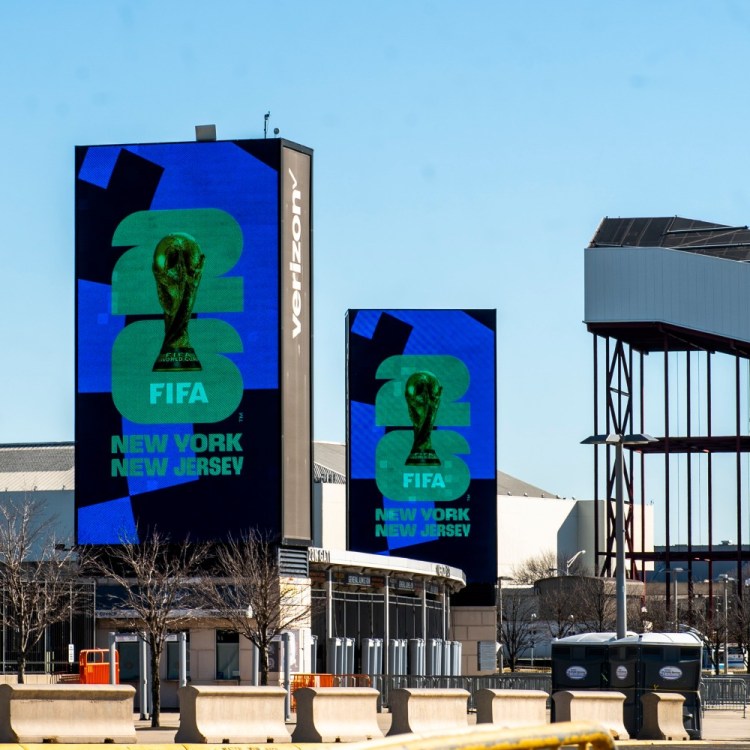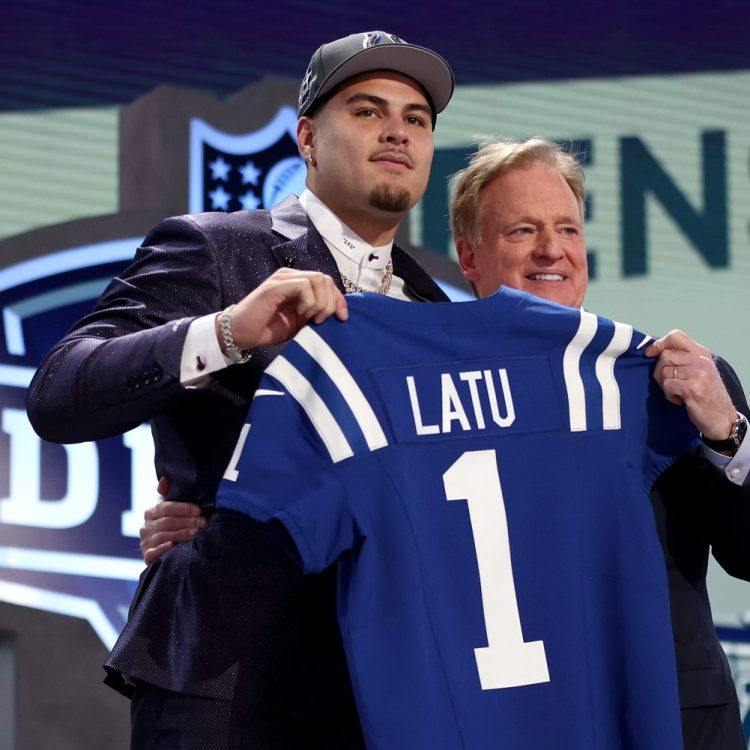Over the next three weeks, we’ll be preparing for the NBA’s long-awaited restart by attempting to answer the single most important question facing every franchise that will be present and accounted for in Orlando. This is 22 Questions.
The Utah Jazz aren’t doing great. Beyond the fact that they were Patient Zero for the NBA’s coronavirus outbreak — and beyond the fact that their two best players are definitely not mad at each other, and beyond the fact that their cap sheet is about to mushroom, and beyond the fact that three-point sniper Bojan Bogdanovic will miss the rest of the season, and beyond the fact that their biggest offseason acquisition has been a total lemon — this recent comedy of errors put a real damper on the idea that the Jazz could be the spiritual successor to the San Antonio Spurs’ throne of small-market wizardry.
For the last four years, the Jazz have been the very picture of competency, building a steady semi-contender through culture and development. Even after Gordon Hayward left Salt Lake City for the one city with more racist fans, the Jazz hardly missed a step thanks to all-world defensive center Rudy Gobert and their dynamic shooting guard Donovan Mitchell. But now, with the team in crisis, Mitchell needs to prove that he’s worth the hype and massive contract that’s coming his way.
Mitchell, in the most classic sense, gets buckets. A steady 20-points-per-game scorer since he entered the league in 2017, he’s now nudged that number to more than 24 points per game in his third season. His game is endlessly telegenic, combining a dunk contest winner’s athleticism with off-the-dribble derring do. Mitchell has shown a surprising affinity — and ability — for mid-range attempts, taking nearly half of his shot from that area and canning 45 percent of them, per Cleaning the Glass.
Although this kind of shot distribution is usually anathema to an NBA offense in 2020, for the 23-year-old Mitchell, it feels like a promising progression in his ability to read defenses. As teams across the league pretty much all deploy drop coverages against the pick-and-roll, Mitchell has demonstrated maturity and restraint, able to feast on what opponents have been giving him rather than mindlessly charging into the paint or jacking pull-up threes that he can’t really make.
What’s more, Mitchell has become a versatile, well-rounded scorer. Synergy Sports has him ranked in the top tertile for nearly every play type: he does serious damage whether he’s a spot-up shooter, running the court in transition or careening off a screen with or without the ball. Viewed incredibly optimistically, Mitchell can look almost like a remastered Dwyane Wade, bringing the same vibe as a swashbuckling undersized combo guard but with improved shooting.
In Orlando, the Jazz will need Mitchell to become an even more dangerous offensive player. For his considerable talents, he still has the same major flaws he did as a rookie; like Halloween, he is better in concept than in action. His vaunted mid-range game is still not accurate enough to offset the marginal loss of foregoing better shots at the rim and beyond the arc. Similarly, his passing is rudimentary. Whereas Mitchell’s main rival Ben Simmons processes the game in bullet-time and passes teammates open, Mitchell opts for a simpler paint-by-numbers approach, reacting to defenses rather than manipulating them. Oftentimes, that’s plenty — Mitchell has a knack for spooking defenders into overhelping and leaving people open.
But, if the Jazz want to stay at Disney World long enough for Royce O’Neal to finally finish shotgunning a beer, Mitchell needs to get better. According to Basketball Index, the only guards to match Mitchell’s high usage and pittance of high-value assists this season were CJ McCollum, Kemba Walker and Dennis Schroeder. In his current form, he’s less of an all-around conductor than a get-out-of-jail free card, a guarantee that he can always manufacture a decent shot but rarely a great one.
Going into the season, this was the most talented Jazz team since at least the heyday of John Stockton and Karl Malone; now, it’s a glimpse of a hazy future. Both Gobert and Mitchell are eligible for huge extensions this summer, which would bump their combined salaries to around $80 million, roughly triple what it is now. As a result, all the pretty depth and useful complements that the Jazz have amassed will likely be excised due to salary, age or both. If you believe that the Jazz will plunge deep into the luxury tax to keep a non-contender together, I’ve got some tablets from God to sell you in Buffalo.
Over the next few months, the Jazz will chart the plausibility of a team built entirely around Mitchell and Gobert as they trot out a skeleton crew around their star duo. What’s more, this will mark one of the first major occasions that Mitchell will operate as a point guard, unless the Jazz insist on letting Mike Conley continue to founder and bum me out. Odds are, it will go poorly, but there’s still value in measuring just how poorly. While Gobert is who he is (the best defensive center of the decade, but also a huge herb), Mitchell and his growth — or lack thereof — will decide the Jazz’s next movement.
Whether you’re looking to get into shape, or just get out of a funk, The Charge has got you covered. Sign up for our new wellness newsletter today.
